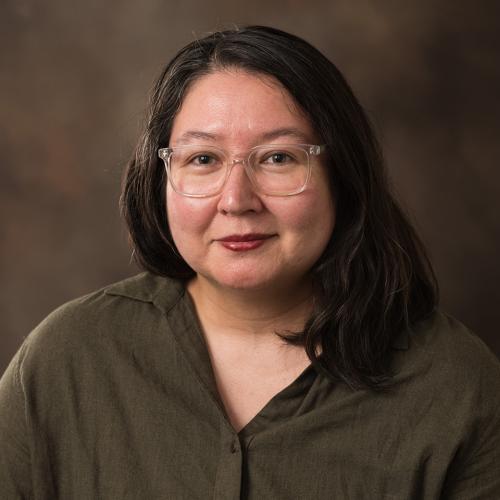Associate Professor Ryan Cordell and Assistant Professor Emily Maemura will discuss their research at a symposium exploring the materiality and historical value of digital texts. Sponsored by the Andrew W. Mellon Society of Fellows in Critical Bibliography and Rare Book School, Preserving and Analyzing Digital Texts will be held online on April 21 from 3:00-4:30 p.m. Eastern Time.
Cordell will present his paper, "Towards a Bibliography for AI Systems," which looks at the bibliographic study of texts generated by a large language model, such as ChatGPT. Cordell argues that a bibliography for AI systems must bring together “two related traditions: the sociological school of bibliography and book history, which forefronts the linked technological, social, economic, and artistic contexts through which books come into being, and the growing set of approaches gathered under the mantle of 'data archaeology,' which seek to outline the similarly linked contexts through which datasets are created, distributed, and accessed."
Maemura will discuss her article, "All WARC and no playback: The materialities of data-centered web archives research," which was recently published in Big Data & Society. The WARC (Web ARChive) file format offers researchers a standard way to structure, manage, and store billions of resources collected from the web and elsewhere. In the article, Maemura examines how the WARC format relates to the idea of "digital texts" and considers the sociotechnical systems, labor, etc., involved in translating digital texts to "collections as data."
Cordell's research areas include book history, book arts, print culture, bibliography, digital humanities, text and data mining, machine learning, and critical making. He primarily studies circulation and reprinting in nineteenth-century American newspapers, but his interests extend to the influence of digitization and computation on contemporary reading, writing, and research. He is a Senior Fellow in the Andrew W. Mellon Society of Fellows in Critical Bibliography at Rare Book School.
Maemura's research focuses on data practices and the activities of curation, description, characterization, and re-use of archived web data. She is interested in approaches and methods for working with archived web data in the form of large-scale research collections, considering diverse perspectives of the internet as an object and site of study.

